commentary Commentary
Commentary: Anwar’s call for need-based affirmative action is popular and appealing but profoundly flawed
Without a clear grasp of the system of race-based preferences in place and feasible reform options, Anwar Ibrahim’s project will lead to flip-flopping, obfuscation, and disappointment, says ISEAS-Yusof Ishak Institute’s Lee Hwok Aun.

Parti Keadilan Rakyat president Anwar Ibrahim speaks to the media after winning the Port Dickson by-election on Oct 13, 2018. (Photo: Justin Ong)
SINGAPORE: Prime Minister-in-waiting Anwar Ibrahim’s recent call for Malaysia to accelerate the shift to “need-based affirmative action” has again raised expectations that race-based, pro-Bumiputera affirmative action will be dismantled.
Speaking at Parliament last Friday (Jul 26), Anwar commendably put this issue back on the agenda. However, without a clear grasp of the system of race-based preferences in place and feasible reform options, this project will lead to flip-flopping, obfuscation, and disappointment.
TAKING AWAY ELITE ENRICHMENT?
The thought of replacing race-based affirmative action with need-based affirmative action is popularly appealing but profoundly flawed.
Its argument goes like this: The poor deserve to be helped, regardless of race. Bumiputeras constitute the majority of the poor; so helping the poor will mostly help Bumiputeras in any case.
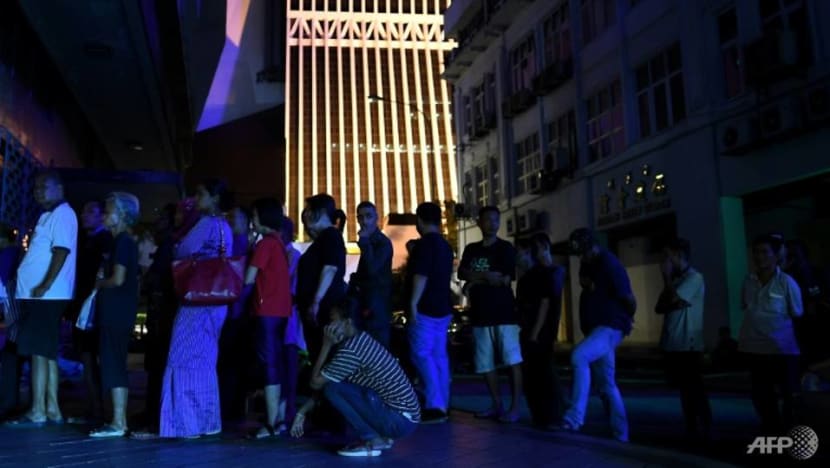
READ: So much for a new Malaysia, a commentary
The rich do not merit special treatment; rich Bumiputeras should not be further enriched or granted race-based privileges. Hence, Malaysia ought to take away race-based policies and replace them with need-based policies.
However, two vastly different policy spheres, each with fundamentally distinct objectives, instruments and operations, are being conflated.
Malaysia cannot simply take one system and replace it with the other. Bumiputera programmes also run far wider and deeper than the popular caricature of elite enrichment.
Programmes helping the poor involve basic provisions, such as primary and secondary education, health services, infrastructure, microenterprise, and entry-level employment. In stark contrast, affirmative action serves a different overarching purpose of promoting Bumiputera participation and upward mobility.
Malaysia’s expansive pro-Bumiputera system grants preferential treatment in four key sectors: Higher education, employment in the civil service and government-linked corporations (GLCs) (especially professional and management positions), public procurement and enterprise development, and wealth ownership.
Bumiputera students also enjoy a 90 per cent quota for matriculation college enrolment, paving their way to university.
Projects in the smallest category of public procurement are reserved for Bumiputera contractors. For larger projects, Bumiputera candidates receive price handicaps.
WORRIES FROM BUMIPUTERA HOUSEHOLDS AND WORKERS
There are two major basic problems with Anwar’s policy stance – which has also become mainstream thinking in Malaysia and among international observers.
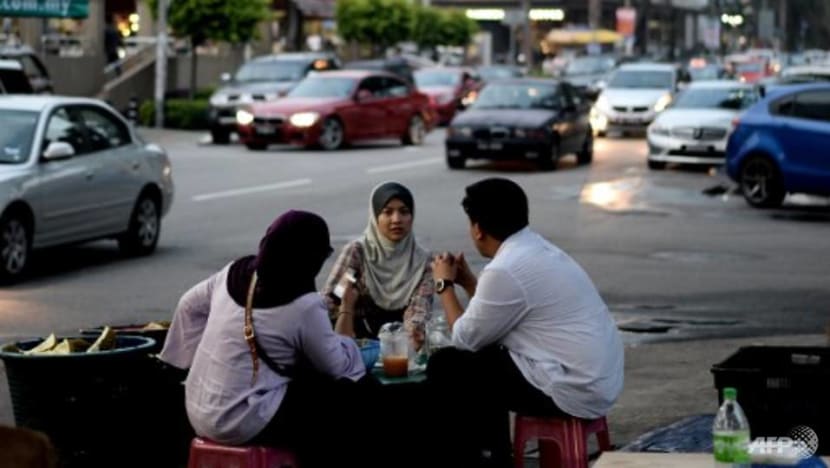
Unless he clarifies his thinking, he will most likely end up backtracking, recommitting to the existing Bumiputera agenda in a defensive manner, and ultimately disappointing all sides.
The first concerns the assurance he attempts to provide to Bumiputeras that their interests will still be safeguarded.
The tagline, if you are poor, you will be helped, is simple and straightforward when it comes to providing cash transfers, subsidies and basic schooling, but much more complicated and often disconcerting when race-based programmes are in the frame.
Anwar’s policy stance speaks little, if anything at all, to various demographics.
Consider lower-middle income Bumiputera households, who have set their children up to university through the current preferential system, but may be worried that they are not poor enough to qualify for pro-poor assistance, or not academically strong enough to enter based on grades, or both.
READ: Malaysia is falling into a middle-income trap, a commentary
They will be anxious that “need-based” affirmative action may quash their existing plans for higher education.
Take the small Malay contractor who is left wondering about his access to public procurement, which he used to be assured would be contracted because of the Bumiputera reservation policy. Will poor contractors who “need” the business be prioritised, and how will this be done?
Think of the Malay civil servant, who most probably earns a good wage, yet for whom preferential policies have enhanced the chances for promotion. What does taking away race-based preferences entail for her?
None of these folks have assurance that their interests will be taken care of.
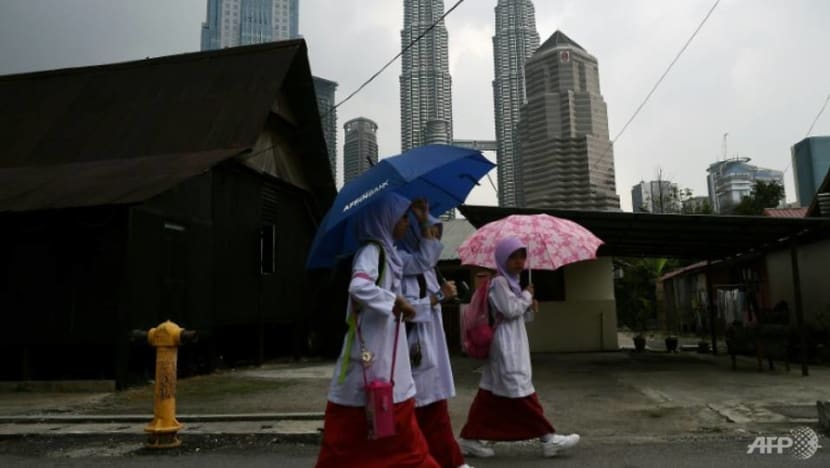
READ: Has Malaysia become more divided under Pakatan Harapan? A commentary
The spectre of need-based affirmative action, presented through sweeping statements with utterly vague implications, without specific plans or details of alternative policies to be rolled out, induces fear and loathing.
It also puts the government on the defensive, rather than demonstrate that the Pakatan Harapan is taking the initiative through the formulation of effective and coherent transition plans.
WHICH SECTORS TO PRIORITISE?
This brings us to the second problem: The lack of systematic, sector-by-sector reforms in specific areas where Bumiputera preferences are embedded.
Anwar has implied that education will be key, but he needs to make it loud and clear that need-based affirmative action applies first and foremost in higher education – and not the system as a whole.
Such clarity will help avoid fuelling similar expectations in the other sectors, where such reforms are highly problematic or downright impossible.
Favouring the poor in the award of contracts or promotion of civil servants defies logic and invites trouble; for instance, a poorer contractor might be an incompetent one. But granting preferential university entry to children of low-income households instead of Bumiputera households makes sense, and can realistically be executed.
READ: Time to relook racial quotas in Malaysia’s pre-university matriculation programme, a commentary
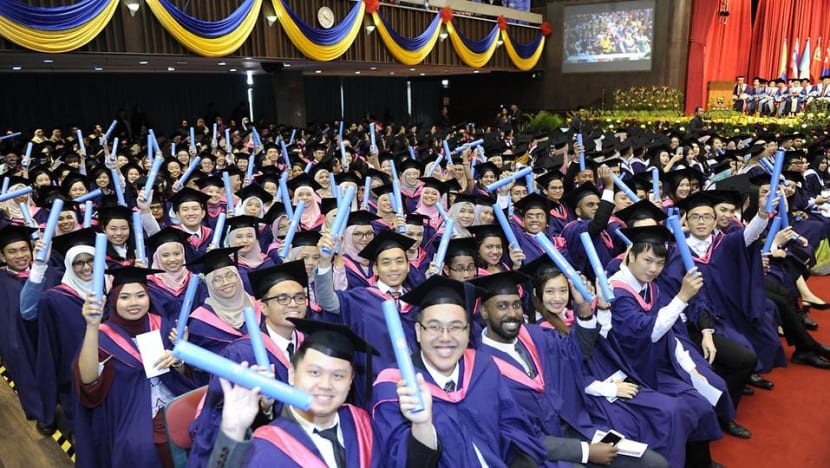
Anwar might add that racial composition of public universities will continue to be a priority, leaving some room for assisting Bumiputeras – and to address middle-class anxieties like the one noted above.
In public sector and GLC employment, “need-based” affirmative action is much less applicable.
Here the focus should shift to merit-based appointments for Bumiputeras who can then excel in leadership and demonstrate success, potentially with a long-term plan that promotes more open and competitive selection and diversifies the workforce.
To his credit, Anwar furnished a bit more detail than he has before, notably in urging private sector employers to hire more people from disadvantaged backgrounds. This prospect is worth considering, but the scope should also be specified.
READ: Malaysia goes in search of a more inclusive growth formula, a commentary
Giving preference to the disadvantaged, and supporting them with skills training, can be applied in the recruitment of fresh graduates, but it is unwise for managerial positions.
The emphasis for promotion exercises must be on capability, potential and experience, although the success of those who rise up from poverty is certainly a “bonus” to be celebrated.
In government contracting, where small contracts are reserved for Bumiputeras, the best prospect for reform is through more effective utilisation of opportunities to groom businesses, such as by giving preference to younger companies, and rewarding contractors who expand operations or upgrade their technology. This can pave the way for more open competition on the longer horizon.
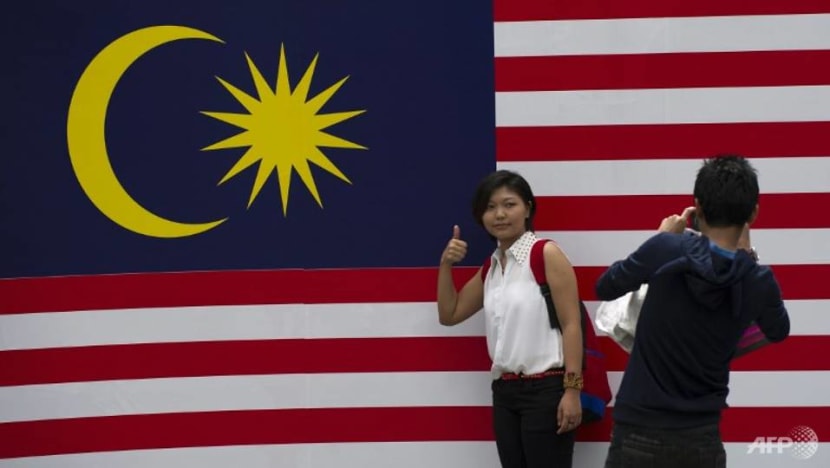
Malaysia has been here before. In 2009, the opposition coalition Pakatan Rakyat, under Anwar’s leadership, proposed replacing race-based affirmative action with need-based affirmative action.
In April 2010, the Najib Razak administration’s New Economic Model (NEM) echoed similar nebulous ideas and incoherent reforms, to rapturous applause from some quarters, but faced a fierce backlash from others. The NEM was later retracted.
In 2019, this cycle is on the verge of repeating.
We shall see what difference, if any, ten years has made.
Lee Hwok Aun is Senior Fellow at the ISEAS-Yusof Ishak Institute’s Malaysia Programme.














